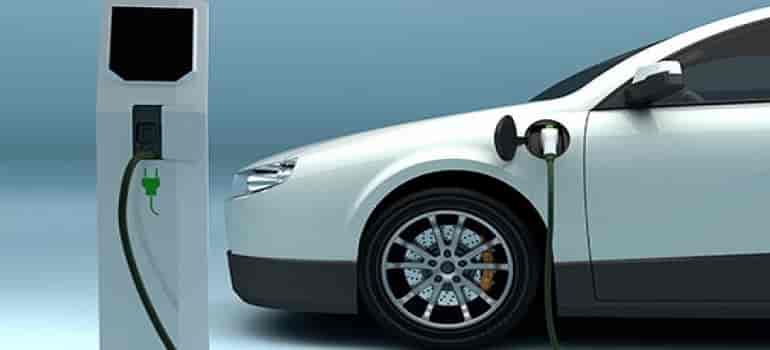Consumer Concerns Over Range, Charging Infrastructure Dampen EV Market
The electric vehicle (EV) market is experiencing a significant shift, with demand waning and prices of used EVs dropping below those of comparable gasoline-powered cars for the first time ever.
A recent report by iSeeCars highlights this trend, revealing that the average price of a used EV has fallen dramatically compared to gas-powered vehicles. In February, used EVs were just $265 cheaper than gas cars. By May, that gap had widened to a significant $2,657.
Analysts attribute this shift to several factors. One reason is the improvement in post-pandemic supply chains, leading to lower prices across the auto industry. However, EVs face additional challenges.
A AAA survey conducted in June found that only 18% of consumers are likely to consider an EV, a multi-year low. Concerns about higher costs, limited charging stations, and driving range are cited as leading reasons for consumer hesitation.
This faltering demand has impacted the EV industry in several ways. Automakers are adjusting production plans, with a renewed focus on extending production of traditional gasoline-powered vehicles and developing new hybrid models. Additionally, companies like Tesla and Rivian have seen their stock prices suffer and have been forced to cut jobs.
Despite the current slowdown, analysts are not predicting a complete rejection of the EV market. Government regulations aimed at reducing emissions will ensure continued production, albeit at a slower pace. While consumer demand may not be the driving force in the near future, major automakers are still committed to launching new alternative-fuel vehicles.


